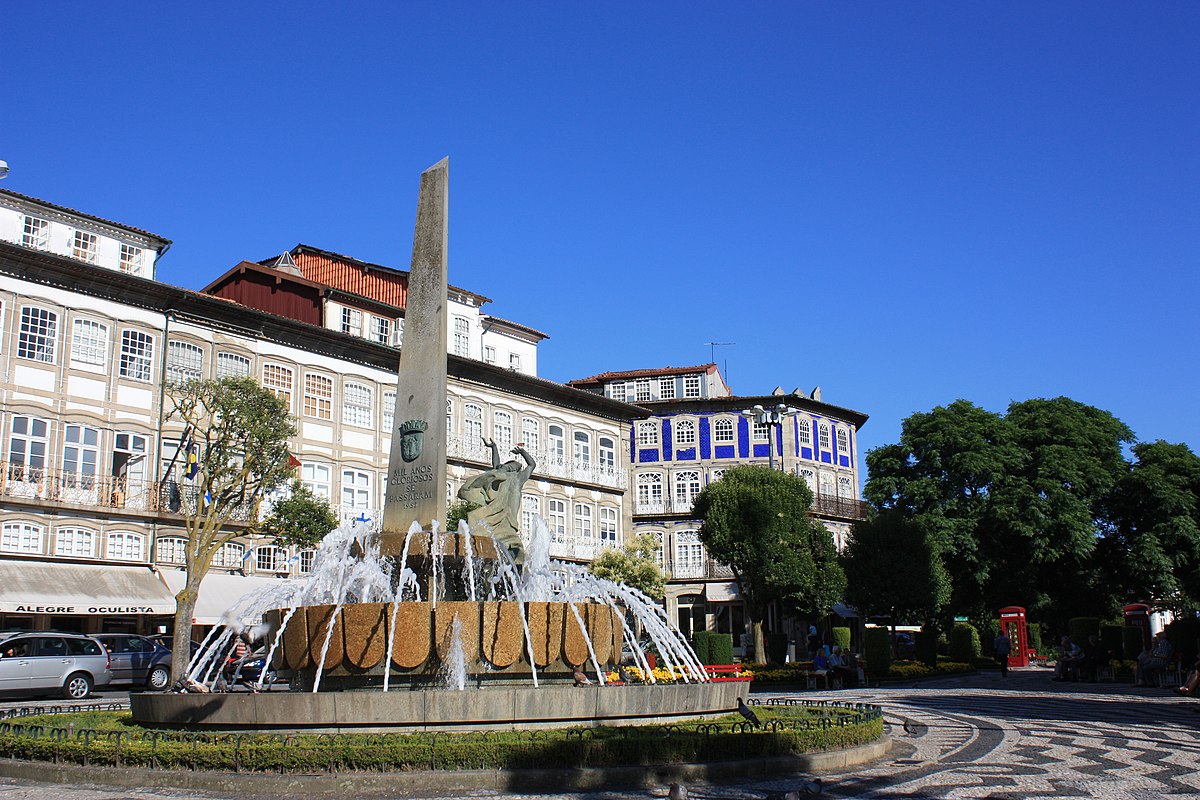What is interesting to note is that small and medium size towns are seeing something of a revival in all of this. It appears that towns in the size range of 100,000 to 250,000 are doing particularly well. Such towns are too small for rampant corruption, and are therefore better run than larger cities. They are also too small to house large number of people on welfare and government programs. Their main source of revenue is usually an industry of some sort, rather than politics and finance.
Other things that add to the safety and sustainability of smaller towns is a conservative culture, a network of voluntary organizations, including secret societies and brotherhoods, and a general spirit of self sufficiency. Such towns will have little trouble organizing a well armed militia, or bypass draconian laws passed by a hostile central government. They have the size and the infrastructure to get things done, making them ideal places of refuge in the event of a societal collapse.
It was the well armed, walled towns, that were the safest places to stay during the middle ages. Neither large cities nor small farms fared particularly well during those turbulent years. The same is likely to be true should we see a collapse similar to the one experienced when Rome fell under the weight of its own corruption.
I live in Porto, a medium size city in the north of Portugal. It is slightly larger than the ideal stated above. However, it is an industrial and commercial city, rather than one dominated by politics and finance, and people are quite self sufficient. Many have personal connections into the rural and industrial areas surrounding the city. I am therefore quite confident that Porto will remain relatively stable. But in the event that I'm wrong, smaller towns are not far away. Since I'm both financially independent and mobile, I can get out of dodge at short notice.
Guimarães - small town north of Porto

No comments:
Post a Comment